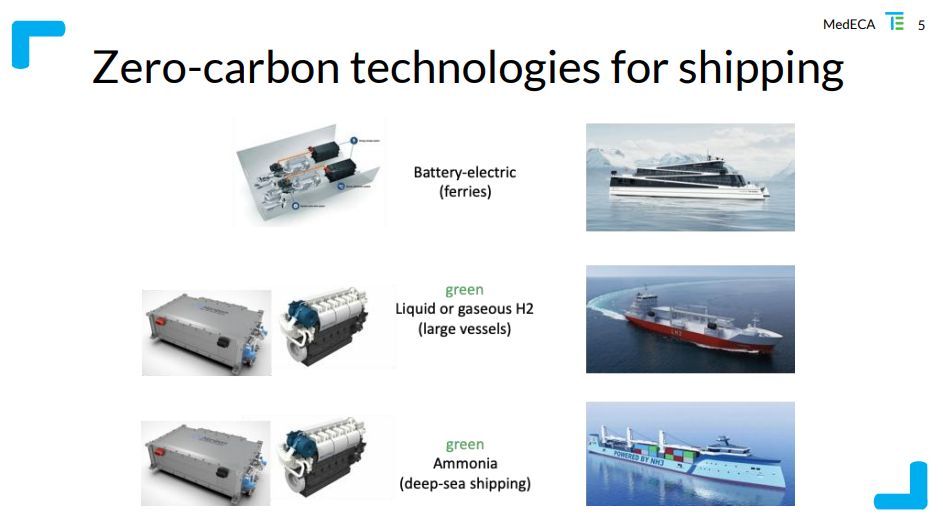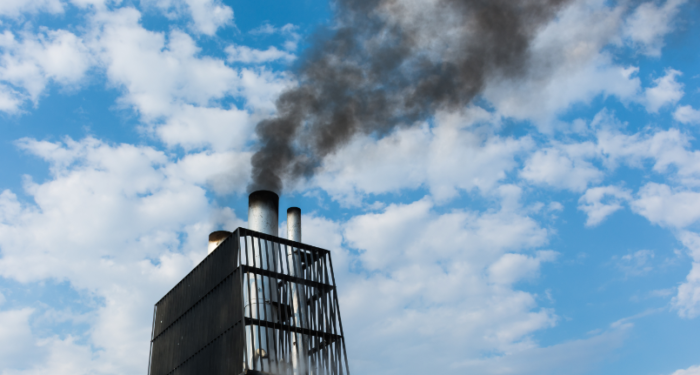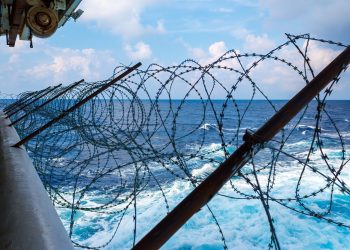It is known that shipping emissions and heavy air pollution in the Mediterranean Sea are a major concern for shipping industry, as they can harm the human health, the environment, and the global climate in general. During the “Mediterranean Emission Control Area” webinar held by Nabu, MEPs and activists from local groups across Europe, focused on how to fight air pollution and tackle shipping’s climate impact around the Mediterranean Sea.
To begin with, Vasilis Papadopoulos, legal advisor to the Hellenic Ornithological Society, gave his overview upon the matter, highlighting that the use of fuel for marine ships with high sulfur content, or low quality in general, cause relevant harmful emissions (particulate matter, sulfur dioxides etc.).
Considering the situation, Mr. Papadopoulos explained that there is an immediate need for improvement of air quality of ports and cities of the Mediterranean Sea, by using better-quality fuels or alternative fuels and new, greener technologies.

As explained, it is time for shipping players, national governments and the European Commission to act and take drastic measures such as the designation of the Mediterranean Sea, as an Emission Control Area both for:
- SECA(sulphur): low sulphur fuel.
- NECA (nitrogen): low Nox emissions.
For the records, experts considered that the plan for the Mediterranean lacks in tempo and scope of content, while foresees only sulphur dioxide and will not be effective before 2024.
Shipping is the main source of air pollution among many places around the Mediterranean Sea. It is absolutely intolerable that people around the Mediterranean Sea have to wait for clean air, while northern Europe but also China and North America already forced the industry to switch to cleaner fuels. Emission control areas moreover incentives new technologies that help to reduce air pollutant but also climate emissions.
…as NABU said in a statement.
In a call to action, speakers at the online conference advised all relevant industries and organizations to take into consideration the following:
- Assist air quality measurements in the Mediterranean Sea, especially for cruise ships.
- Organize meetings and seminars for the education of the involved local governments, competent authorities, industry representatives and stakeholders on the MedECAagenda, for the final endorsement and realization.
- Promote the MedECA idea and benefits through local communication portals, such as news publications, radio shows etc.
- Contact scientific bodies and promoting scientific research and evidence-based policy making for the MedECAdesignation.
- Interconnect with local groups and movements for the improvement of quality of life in the Med ports.
- Make the Mediterranean a better place to live
Designation of the Mediterranean Sea as an ECA would socioeconomically benefit both the health and quality of life of the European citizens and the economy.
… Mr. Papadopoulos concluded





























































